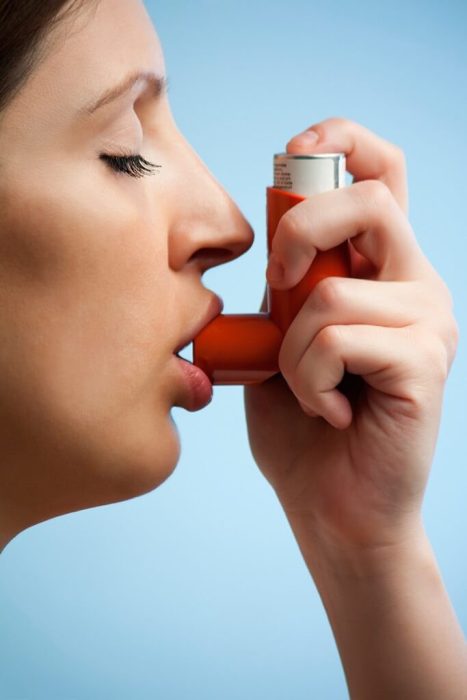Having more sex won’t make you happier, study finds
This Week in Health: Having more sex won’t make you happier

iStock
Location of study: U.S.
Study subjects: 128 healthy, heterosexual, married adults between the ages of 35 and 65
Results: Despite the widely held belief that more sex equals more happiness, a new study suggests the opposite. One group of participants was told to double how often they had sex, while the other was given no special instructions. Using frequent surveys to measure and assess happiness levels, researchers came across some interesting findings. For one thing, the couples who did have sex more often actually reported a small dip in happiness levels. They also reported decreased sexual enjoyment and desire when compared to the other group.
Significance: Researchers attribute this to the fact that the couples were asked to have more sex as part of a research study, as opposed to initiating it themselves. “If we ran the study again, and could afford to do it, we would try to encourage subjects into initiating more sex in ways that put them in a sexy frame of mind, perhaps with babysitting, hotel rooms or Egyptian sheets, rather than directing them to do so,” lead investigator George Loewenstein said in a press release.
Location of study: Canada
Study subjects: Nearly 140,000 adults aged 35 to 70.
Results: How strong is your handshake? According to a new study, a weak grip is associated with increased mortality risk. On the flip side, a stronger one is being linked to better overall health. After using a handgrip dynamometer to measure muscle strength, investigators reported that every five-kilogram decline in grip strength translated to a one in six increased risk of death.
Significance: “Grip strength could be an easy and inexpensive test to assess an individual’s risk of death and cardiovascular disease,” principal investigator Dr. Darryl Leong, an assistant professor of medicine and cardiologist, said in a press release. “Doctors or other healthcare professionals can measure grip strength to identify patients with major illnesses, such as heart failure or stoke, who are at particularly high risk of dying from their illness.”
Results: Have some extra flab beneath the chin? The U.S. Food and Drug Administration has given the green light to a new product called Kybella, which tackles the undesired double chin. When injected into the fat below the chin (also known as submental fat), Kybella destroys fat cells. But the FDA warns that it can also destroy other kinds of cells—like skin cells. As a result, the treatment is only to be used on chin fat. At this point, its safety in treating other areas of the body hasn’t been evaluated.
Significance: There are currently other effective surgical treatments available to reduce the amount of submental fat under the chin, but many patients would likely prefer a nonsurgical approach. Kybella is also unique in that patients aren’t expected to require more than one treatment.
Content provided by ZipTrials, a trusted source for the most up-to-date medical news and trending health stories.


















